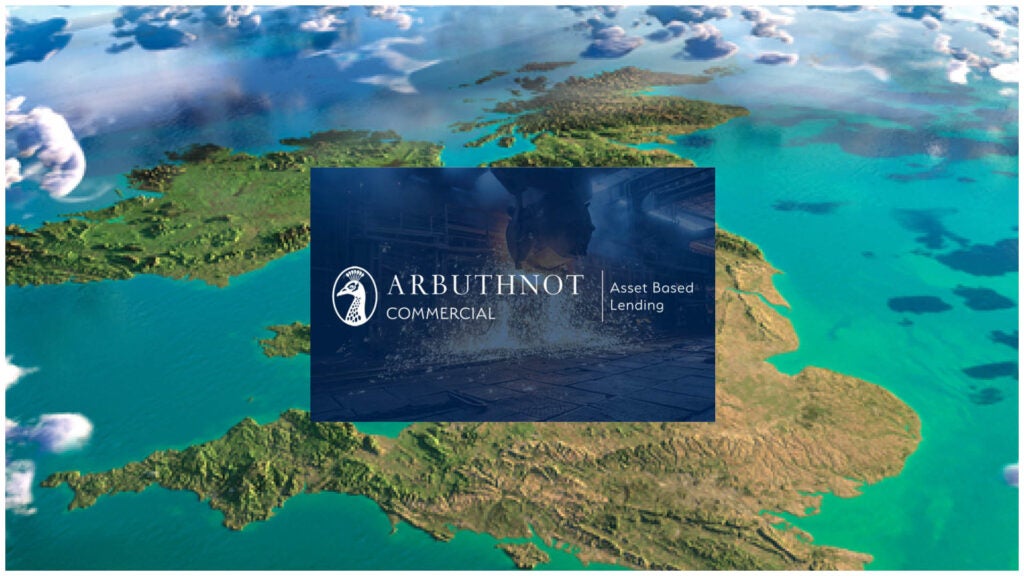
The profits of Europe’s top leasing companies have increased by close to 60% over the last five years, totaling almost €16 billion. Over the course of a standard lease period, leasing companies are now profiting close to €2,000 on each car.
Profits of Europe’s major leasing companies have grown by 59% from 2018 to 2022 even though their fleet sizes only grew by 5%. A new report by research organisation Profundo and commissioned by T&E looks at the profitability of Europe’s seven largest leasing companies (ALD | LeasePlan, Alphabet/BMW Financial Services, Arval, Leasys, Mercedes-Benz Mobility/Athlon, Mobilize Financial Services, and Volkswagen Financial Services) and finds that it reached a combined €15.7 billion in 2022.
Given these high profits, leasing companies have the financial power to change course and accelerate their transition to electric cars. T&E research has shown that the leasing sector is not leading the EU market on electrification and none of the leasing companies analysed in this report has set a phase-out date for polluting cars.
The two leasing companies that recorded the biggest growth in profit since 2018 are Arval (owned by BNP Paribas) and Leasys (the leasing branch of Crédit Agricole and Stellantis). Arval’s profits grew by 192% since 2018, although the number of leased and financed vehicles only rose by 33%. Leasys’s fleet size increased substantially (82%) but its profits nearly doubled that (143%).

The average ROE for the leasing companies has increased from an already high 21.2% in 2018 to 27.2% in 2022. ROE is the benchmark used by investors to determine the financial health of a company. For comparison, banks – the owners of some of the largest leasing companies and a comparable sector – record a ROE between 7-12%.
Stef Cornelis, director electric fleets programme at T&E explains: “Leasing companies record billions in profit, yet they are not driving the transition to electric. This mismatch between the profitability of major leasing companies and their progress on electromobility is becoming almost awkward. Their strong financial performance would easily allow them to invest in more electric vehicles – yet it seems they are more preoccupied with profits and cash.”
How well do you really know your competitors?
Access the most comprehensive Company Profiles on the market, powered by GlobalData. Save hours of research. Gain competitive edge.

Thank you!
Your download email will arrive shortly
Not ready to buy yet? Download a free sample
We are confident about the unique quality of our Company Profiles. However, we want you to make the most beneficial decision for your business, so we offer a free sample that you can download by submitting the below form
By GlobalDataHigher profits per car
The report indeed finds that on average the profit per car has risen by 53% from 2018 to 2022 for the selected leasing companies, meaning customers are paying much more than four years ago. Indeed, the fleet sizes of leasing companies have only increased by 5% in the last few years.
All companies showed strong increases, except for Mobilize. Over a 3.5-year lease period, Arval’s profit per car is close to €2,400 and Mobilize is €3,200. A typical car, such as an Opel Corsa or Peugeot 208, costs around €12,000-15,000 to lease over its leasing period. These profits are being made off monthly lease deals and from the reselling of cars on the second-hand market, where most families in the EU buy their cars.

“With their ballooning profits, leasing companies are clearly doing good business. But someone is paying for this profit – whether the leasing customer or second-hand buyers. If the profit per car is increasing, leasing companies are making more money off the back of their customers.” Stef Cornelis concludes.







